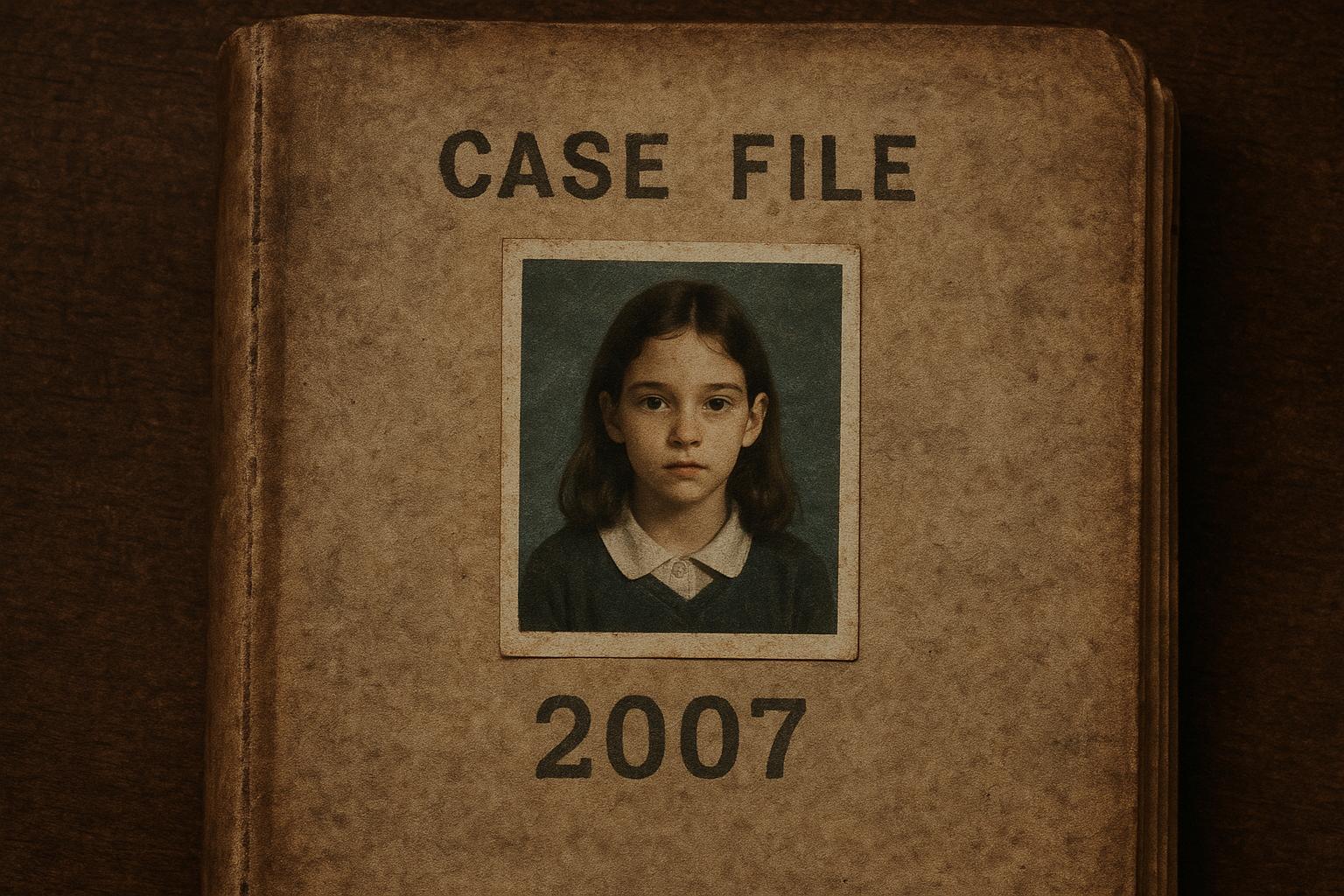The Metropolitan Police is undertaking a comprehensive reassessment of approximately 9,000 cases related to group-based child sexual exploitation, often referred to as "grooming gang" cases, spanning the past 15 years in London. This major review, disclosed in a letter from Metropolitan Police Commissioner Sir Mark Rowley to Mayor Sadiq Khan, reflects a commitment to addressing historically overlooked or inadequately investigated offences. Sir Mark's letter, seen exclusively by the Express, emphasises the profound impact of these crimes on victims, noting that too often victims have been disbelieved or judged, and highlights the complexity and resource-intensive nature of reassessing such a vast caseload. The initial phase of the review, focused on assessments, is expected to be completed by April 2026, involving a dedicated team of 26 public protection officers, with plans to expand as the reinvestigation progresses.
This operation aligns with recommendations from Baroness Casey’s review into group-based child sexual exploitation, which called for a renewed national focus on such cases, overseen by the National Crime Agency (NCA) and the National Police Chiefs’ Council (NPCC). The Metropolitan Police’s review will use a broad definition of group-based offending, incorporating not only organised grooming gangs but also intra-familial, peer-on-peer, institutional abuse, and gang-related exploitation. This wider scope aims to capture a range of exploitation settings beyond the narrower public and media interpretation of "grooming gangs." Commissioner Rowley acknowledged challenges including limited specialist officers, data limitations especially on suspect demographics, and the need for substantial additional funding to avoid compromising ongoing investigations. The letter also urged the Mayor’s office to consider commissioning victim support and navigation services to aid those affected.
The Metropolitan Police has faced criticism from various quarters for both past failings and current responses. Some voices have accused the police of systematic data mismanagement and underreporting of group-based exploitation. For instance, a former Scotland Yard detective, Bernadette Murray, alleged that the force has been misleading the Mayor’s office about the extent of grooming gang activities due to inadequate record-keeping and failure to actively pursue these cases. These criticisms add to concerns that the problem of grooming gangs has been minimised or ignored by London's leadership, notably by Mayor Sadiq Khan himself.
The Mayor of London has repeatedly denied that grooming gangs operate significantly within the capital, preferring to frame exploitation under the term "county lines" criminality. Critics argue that this choice of language risks obscuring certain racial and social dynamics of grooming gangs and may inadvertently suggest victim complicity. There are also accusations that Khan’s reluctance to acknowledge grooming gangs amounts to a form of cover-up, with whistleblowers within the police and political commentators urging for more transparent and robust interventions. Khan has notably rejected proposals for an independent inquiry into the issue, further fuelling public debate and skepticism about the city’s commitment to tackling such crimes.
The Metropolitan Police emphasises its ongoing efforts and recent improvements in combating child sexual exploitation. Since 2022, over 11,000 frontline officers have received training to identify and respond to child exploitation, and the number of officers in specialised Child Exploitation Teams has increased significantly. These steps have already resulted in a threefold rise in solved cases of child sexual exploitation within recent months compared to the previous year. The force also stresses its partnership work with agencies including the NCA, Crown Prosecution Service, local authorities, and social care, underpinned by trauma-informed approaches aimed at avoiding victim-blaming and adultification.
Nonetheless, the scale of past failures and the complexity of reassessing thousands of historic cases pose significant operational and resource challenges. Sustaining this effort requires balancing the demands of current investigations with revisiting unresolved cases without compromising either. The Metropolitan Police’s letter to Sadiq Khan acknowledges these difficulties candidly, emphasising the importance of government funding and collaborative victim support to ensure meaningful progress. In the wake of recent revelations and media scrutiny, the City faces mounting pressure to reconcile official narratives with the lived realities of victims and to demonstrate tangible commitment to justice and safeguarding children throughout London.
📌 Reference Map:
- Paragraph 1 – [1] (Express), [5] (Standard)
- Paragraph 2 – [1] (Express)
- Paragraph 3 – [3] (GB News), [6] (British Democrats)
- Paragraph 4 – [4] (UnHerd), [2] (GB News)
- Paragraph 5 – [1] (Express), [7] (Independent)
- Paragraph 6 – [1] (Express), [2] (GB News)
Source: Noah Wire Services
